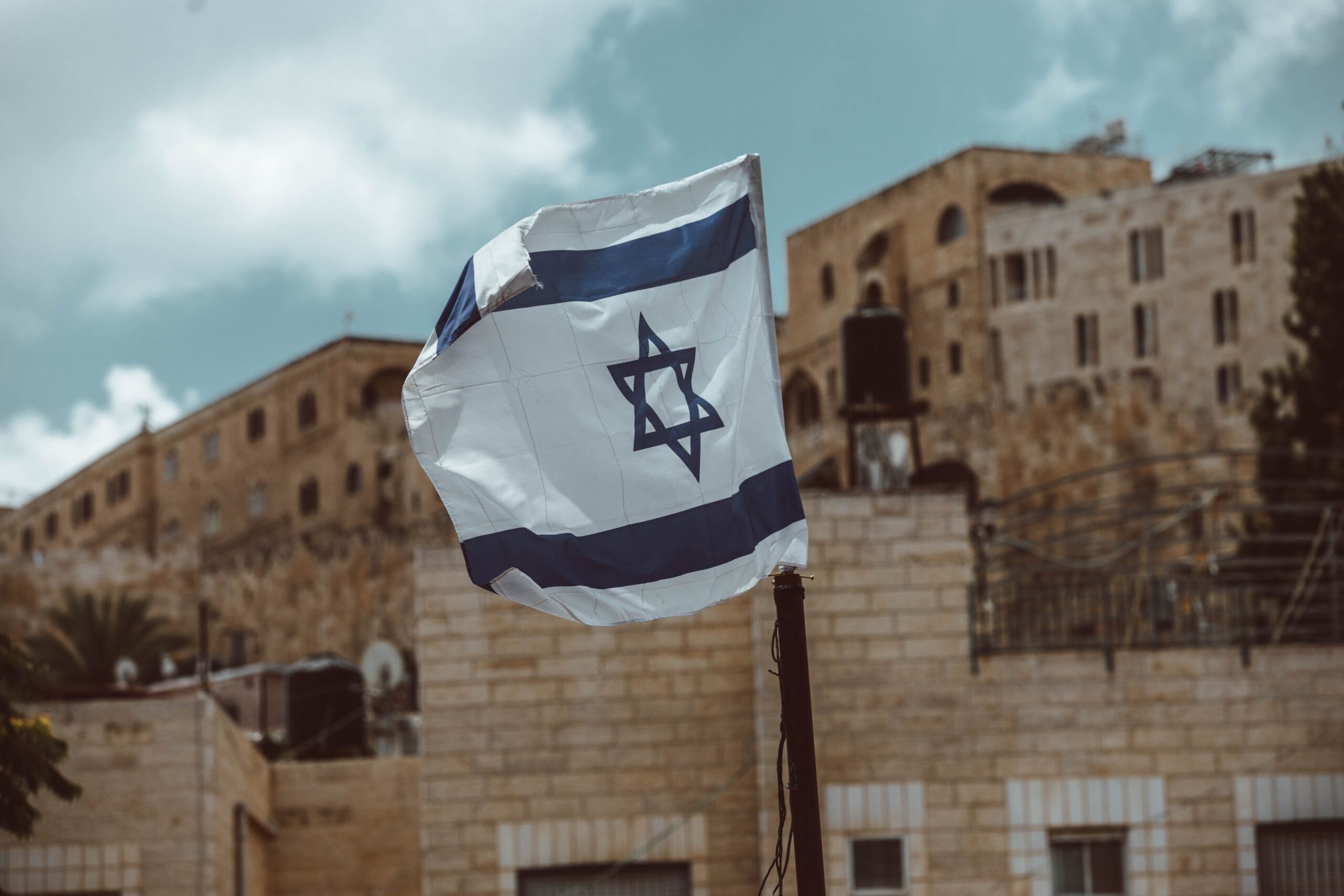The Israel-Palestine conflict has been a long-standing issue in the Middle East, with both sides having deep-rooted historical and political claims to the land. The recent escalation of violence has once again brought this conflict to the forefront of international attention.
As of the latest update, the situation remains tense, with ongoing clashes between Israeli security forces and Palestinian militants. The conflict began with protests and clashes in Jerusalem, particularly around the Al-Aqsa Mosque compound, a site revered by both Muslims and Jews.
Since then, the violence has spread to other parts of Israel and the occupied Palestinian territories, including the Gaza Strip. Rockets have been fired from Gaza towards Israeli cities, while Israeli airstrikes have targeted militant positions in Gaza.
The civilian toll has been devastating, with numerous casualties reported on both sides. The international community has called for an immediate ceasefire and a return to negotiations to de-escalate the situation.
Efforts are underway to broker a ceasefire, with various countries and international organizations involved in mediation. However, reaching a lasting resolution to the conflict remains a complex and challenging task.
The Israel-Palestine conflict is deeply rooted in issues of land, identity, and self-determination. It is essential to recognize the historical and political complexities at play and to approach the situation with empathy and understanding for both sides.

